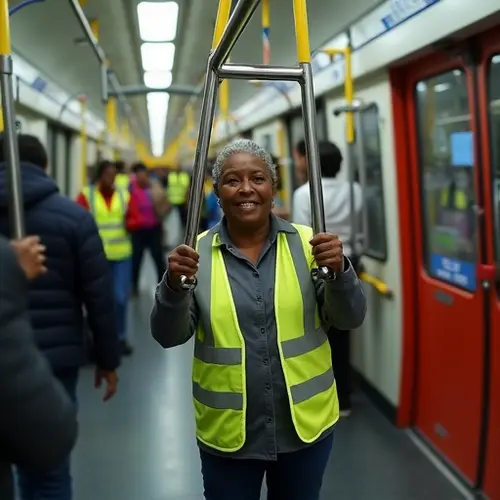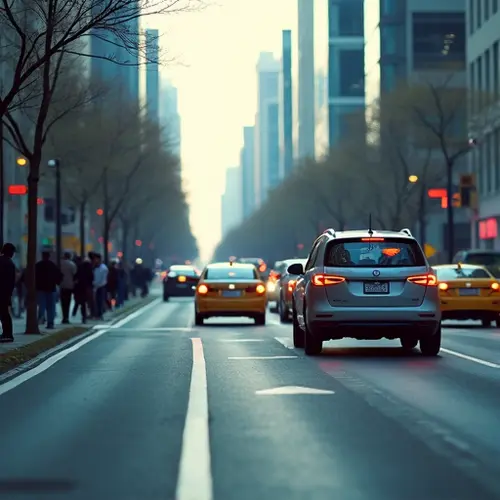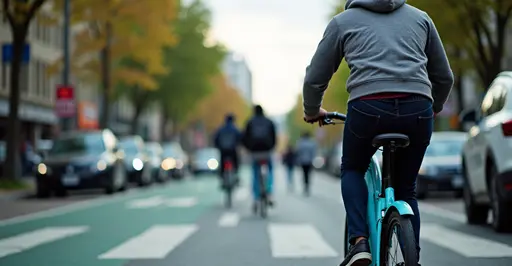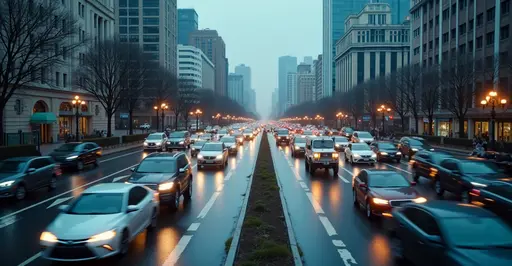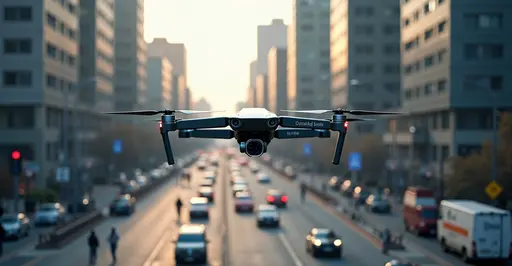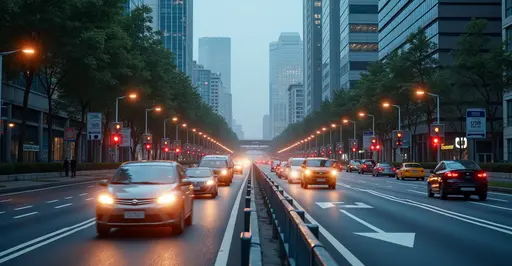
Revolutionary Traffic Management System Shows Results
Pilot cities using AI-powered traffic control systems report 20% reductions in urban congestion. The system dynamically adjusts traffic signals using real-time data from sensors and cameras.
How the Technology Works
The AI analyzes traffic patterns, vehicle density, and flow rates to optimize signal timing. Unlike traditional fixed-time systems, it adapts to changing conditions minute-by-minute. In Shanghai trials, the system reduced braking time by 17% and idling by 48%.
Environmental Impact
Reduced congestion means lower emissions - pilot cities report 16% decrease in CO2 emissions per vehicle trip. This translates to potential annual reductions of 31.73 million tonnes of CO2 across 100 major cities.
Economic Benefits
Commute times dropped by 11% during peak hours and 8% off-peak. For Shanghai alone, this saves 6,581 hours of travel time daily. Fuel consumption decreased by approximately 15% in test zones.
Future Implementation
87% of major cities plan to implement similar systems by 2027. The technology integrates with 5G networks and autonomous vehicles for even greater efficiency. "This represents the future of urban mobility," says Dr. Li Wei, transportation researcher at Tsinghua University.

 Nederlands
Nederlands
 English
English
 French
French
 Deutsch
Deutsch
 Espaniol
Espaniol
 Portugese
Portugese




